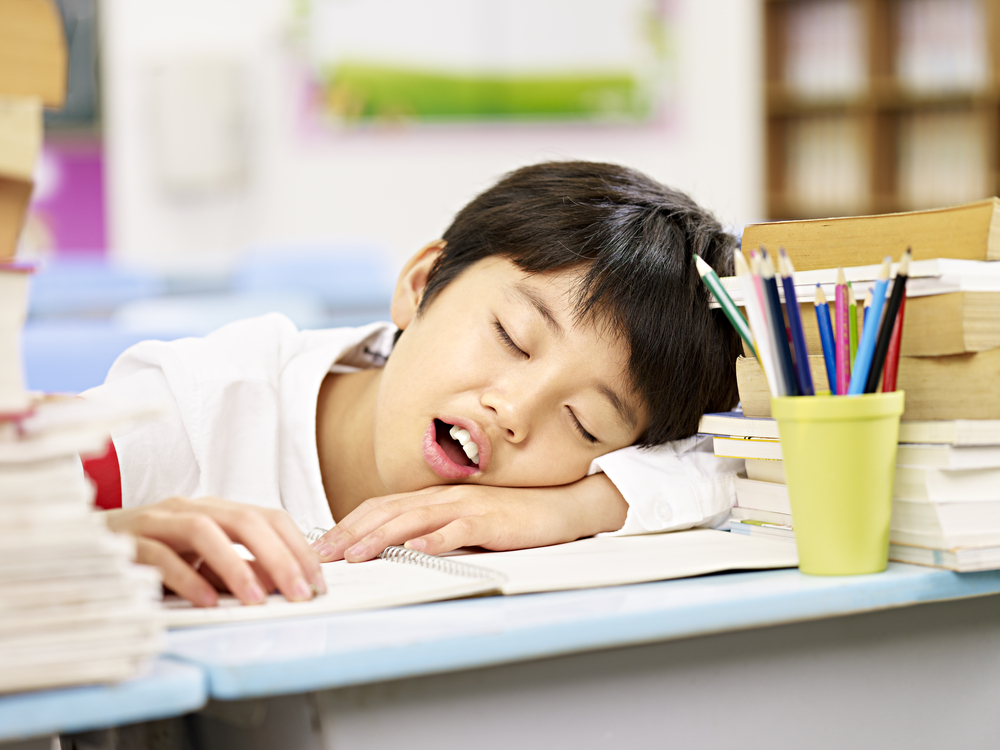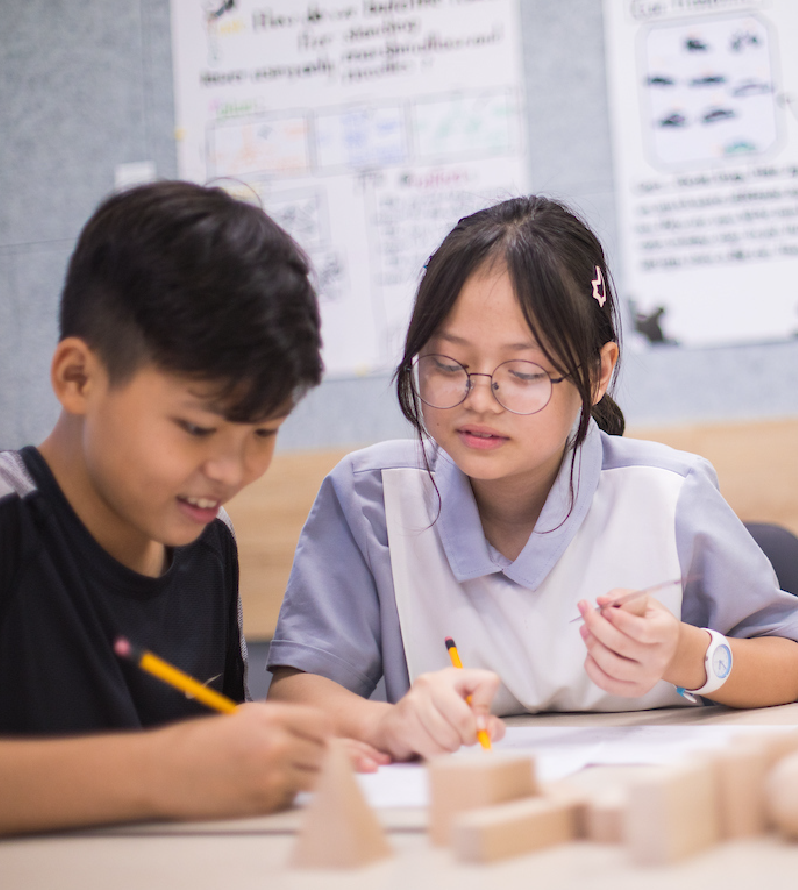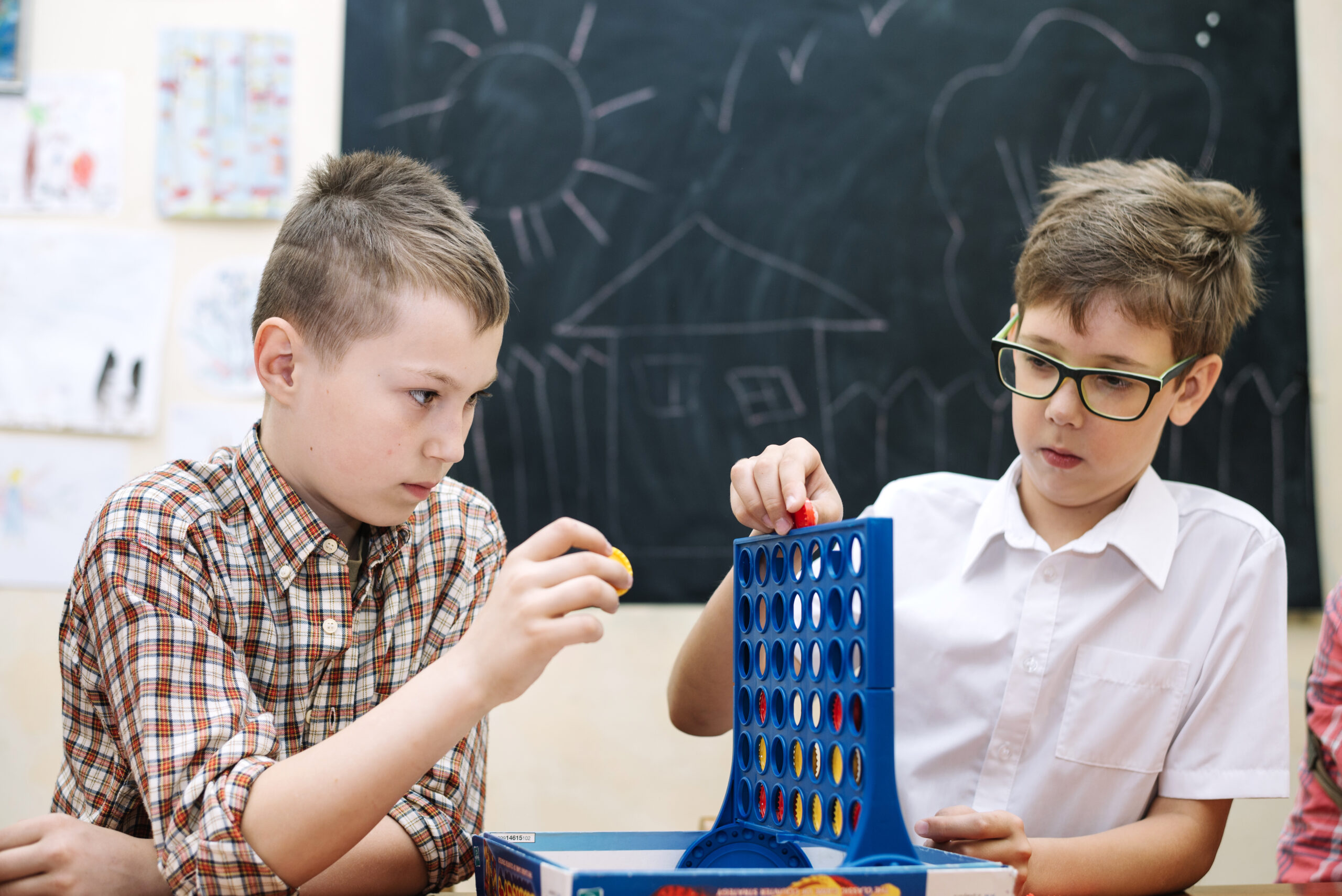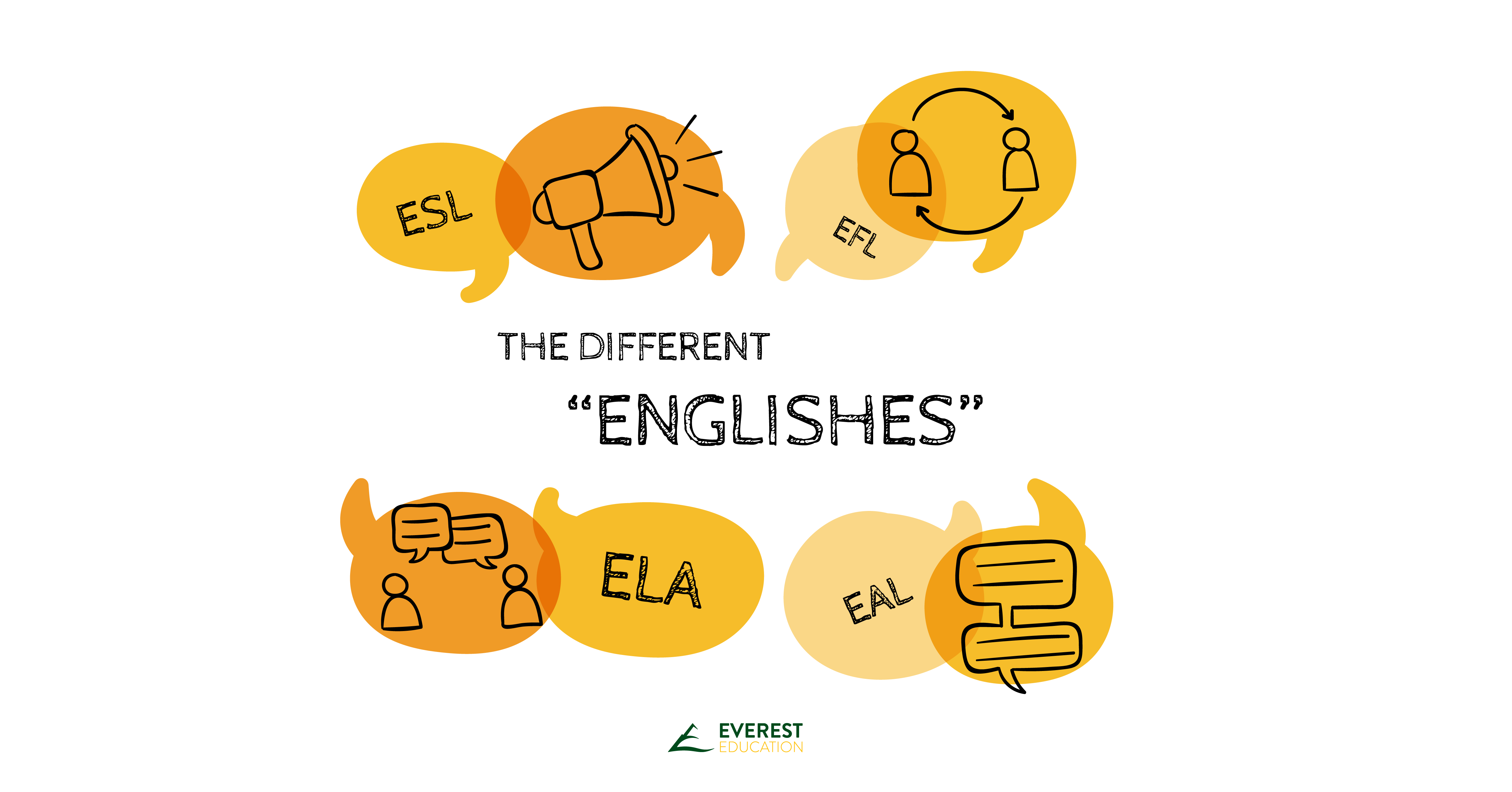School has been in full swing for a while and you probably have a good idea of how your child is performing. It’s not uncommon for parents who get the first report card to say, “she can’t stay focused in school and is easily distracted.”
Sometimes, just being a kid can make it hard to stay focused in school. There are so many distractions. So, if your child zones out at school or at home from time to time, it isn’t unusual. But what if that happens a lot?
If your child has a hard time focusing, you might be wondering why – and whether they could have difficulty learning. In many cases, the concentration issues children have in school can be caused by a number of different reasons. However, many parents and teachers assume that the problem is a lack of motivation. But forcing kid to focus only makes the problem worse!
Did you know: Since difficulty paying attention is widely associated with ADHD (Attention Deficit Hyperactivity Disorder), that tends to be the first thing teachers, parents, and clinicians suspect.
This article will help you to pinpoint the cause of your child’s inability — or refusal — to stay focused in school.











 Inattention can also be a result of feeling under, or over-challenged. If you’re repeatedly getting calls or notes sent home that your child is disruptive or acting out, perhaps the source of their behavior is due to a lack of stimulation in a school setting. Children who aren’t appropriately challenged by their schoolwork can quickly become disengaged. They might start to lose interest in the material, stop paying attention altogether, get lazy at school and actually have worse grades because they zone out.
Inattention can also be a result of feeling under, or over-challenged. If you’re repeatedly getting calls or notes sent home that your child is disruptive or acting out, perhaps the source of their behavior is due to a lack of stimulation in a school setting. Children who aren’t appropriately challenged by their schoolwork can quickly become disengaged. They might start to lose interest in the material, stop paying attention altogether, get lazy at school and actually have worse grades because they zone out. When children are under-challenged, they tend to find ways to engage and stimulate themselves. This may mean energetically disrupting the classroom, or becoming the class clown. When children are over-challenged, they may try to distract others with high energy behavior. This is also why children having high energy level is often misdiagnosed with ADD (Attention Deficit Disorder) or ADHD (Attention Deficit Hyperactivity Disorder). Both scenarios can result in a cycle of negative behavior that hinders learning.
When children are under-challenged, they tend to find ways to engage and stimulate themselves. This may mean energetically disrupting the classroom, or becoming the class clown. When children are over-challenged, they may try to distract others with high energy behavior. This is also why children having high energy level is often misdiagnosed with ADD (Attention Deficit Disorder) or ADHD (Attention Deficit Hyperactivity Disorder). Both scenarios can result in a cycle of negative behavior that hinders learning.
 Sleep is very important, as well, especially for young learners. It helps us recharge, gives the brain a chance to exercise neuronal connections and gives our bodies time to repair muscles and replace chemicals. So, when your child is not getting the right amount of sleep, they can be easily distracted and more likely to make errors. Children with excessive screen time, especially before going to bed, will surely have poor focus in class. Additionally, recent studies have shown that
Sleep is very important, as well, especially for young learners. It helps us recharge, gives the brain a chance to exercise neuronal connections and gives our bodies time to repair muscles and replace chemicals. So, when your child is not getting the right amount of sleep, they can be easily distracted and more likely to make errors. Children with excessive screen time, especially before going to bed, will surely have poor focus in class. Additionally, recent studies have shown that 







